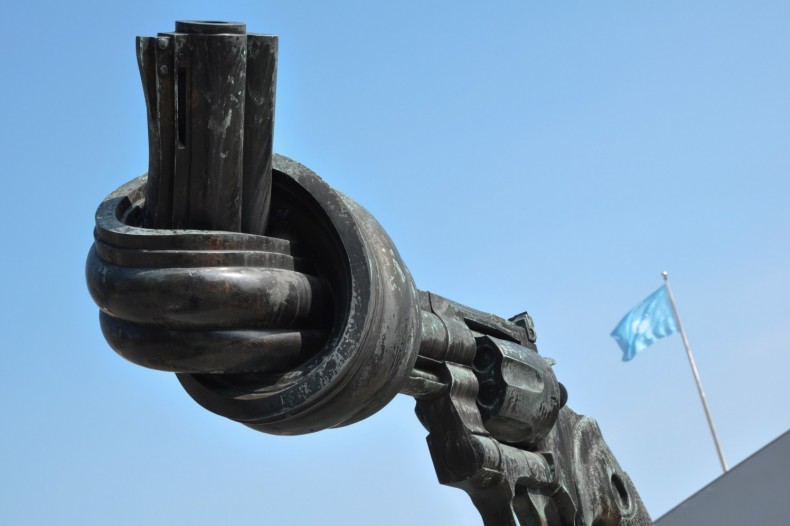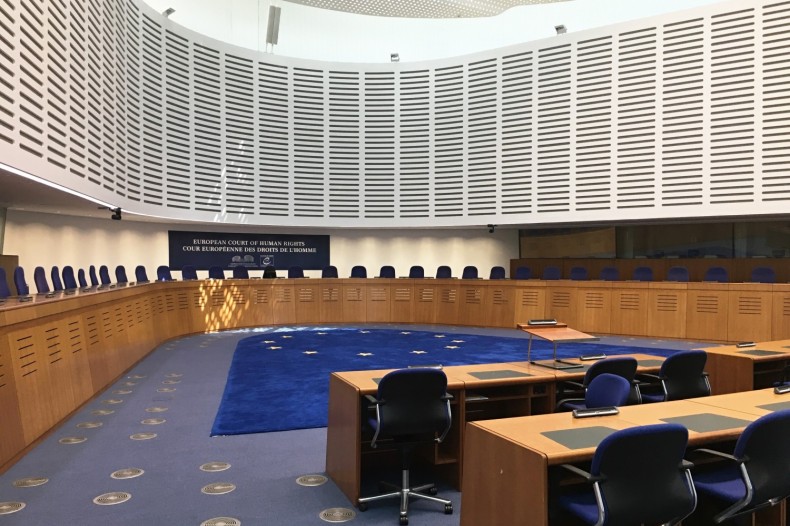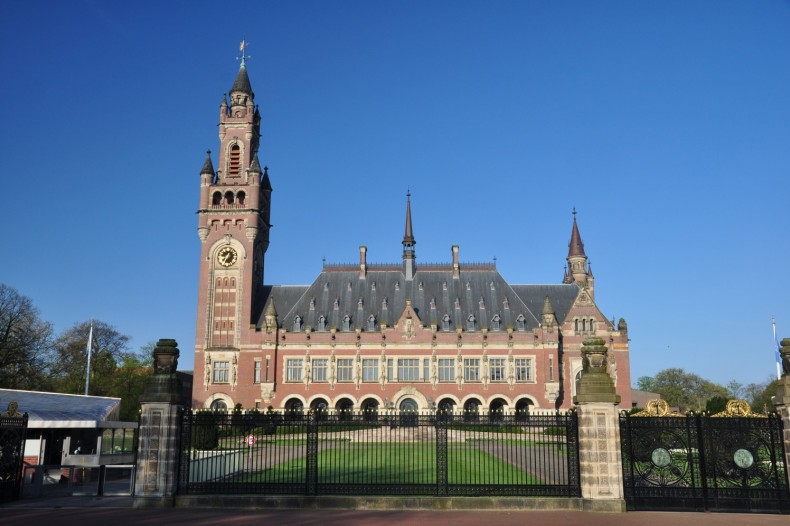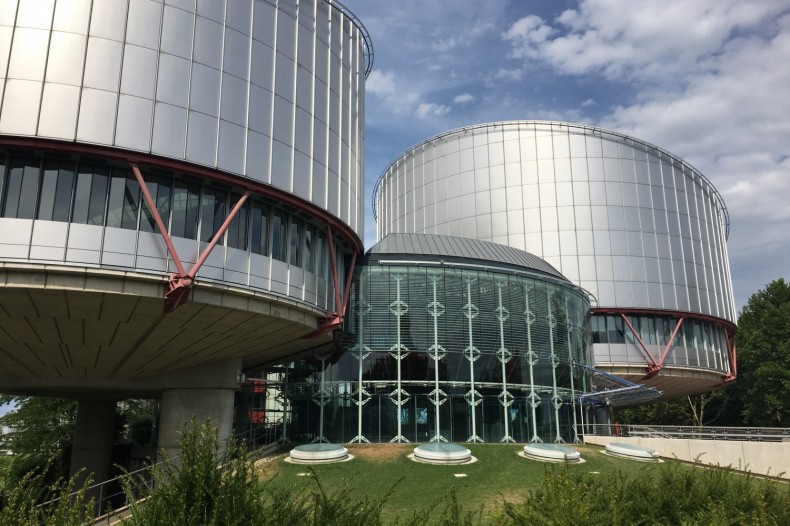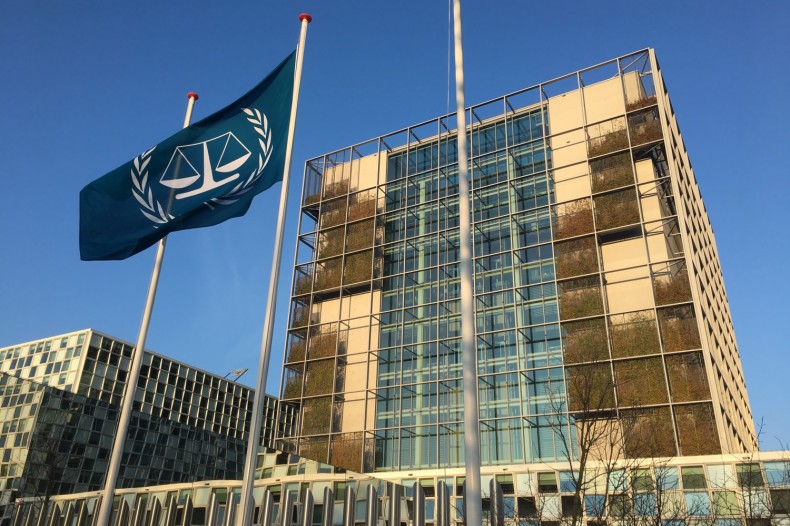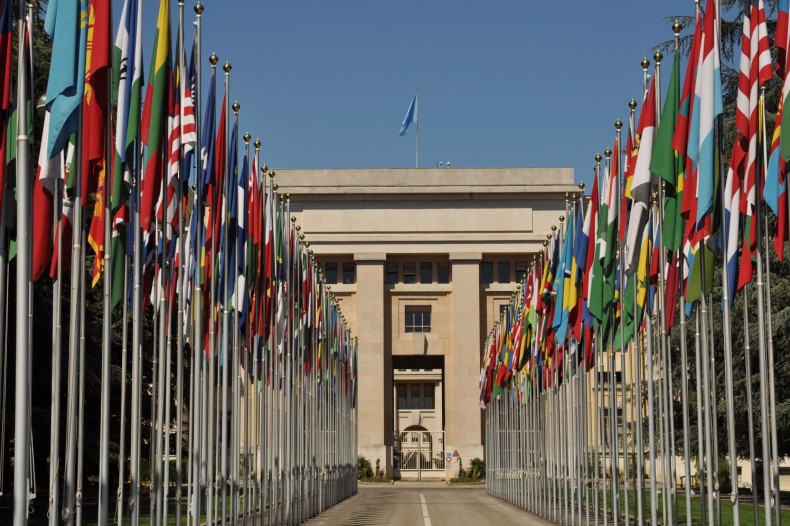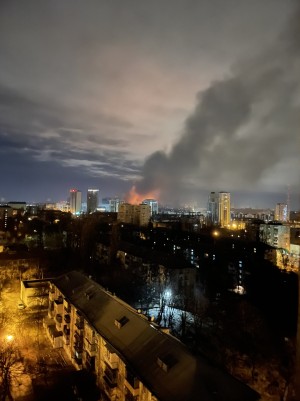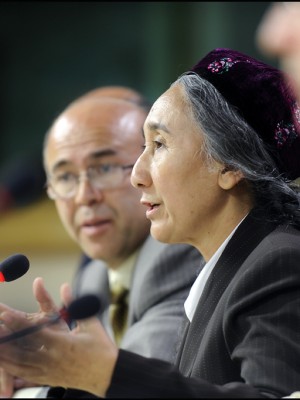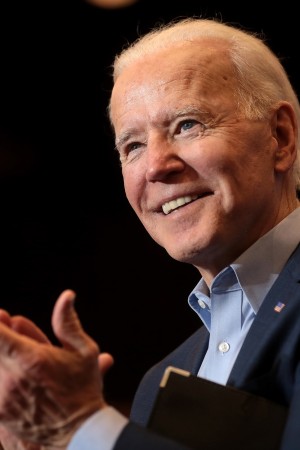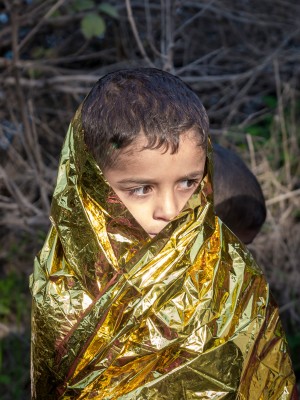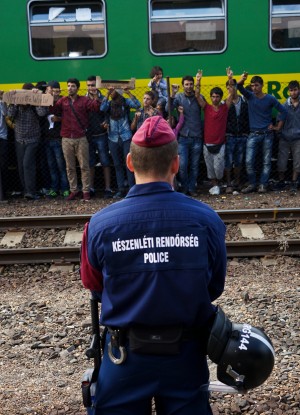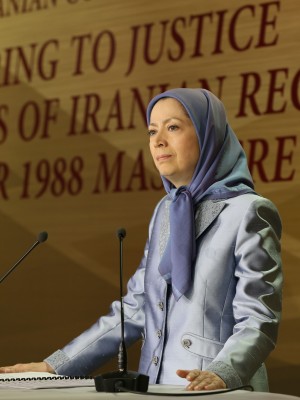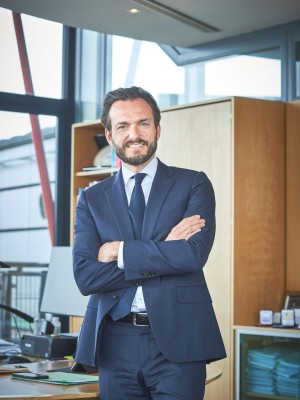Czech Centre for Human Rights and Democracy
The Centre is an independent academic institution monitoring human rights developments both domestically and worldwide, issuing a monthly Bulletin, as well as organizing conferences.
On 24 February 2022, Vladimir Putin announced his decision ‘to carry out a special military operation in Ukraine to protect people who have been facing humiliation and genocide perpetrated by the Kyiv regime’. How do these bold statements correlate with the situation on the ground and with public international law?
In November, the seventh general assembly of the World Uyghur Congress took place. Representatives of the Uyghur minority elected new leadership and condemned China's actions in Xinjiang. The assembly took place in Prague, yet the organizers faced trouble finding a place to host the event.
As China spreads its influence in the Indo-Pacific region, the largest English-speaking countries are increasingly sticking together. As of 15 September 2021, Australia, the UK and the US have announced a new security deal to counter China - a move that led France to recall its ambassadors in return.
It has been more than four months since the Taliban seized power in Afghanistan. Many have fled the country with a vision of a safer future, only to find themselves hostages of a political stalemate on the borders of the EU. Instead of aid, Poland legalizes pushbacks.
A little over a year has passed since the adoption of the European Union’s New Pact on Migration and Asylum, a document which marked a long-overdue agreement following the stalemate in developing common policy after the refugee ‘crisis’ of 2015-2016. While presented as a breakthrough, human rights advocates continue to see it as a missed opportunity.
Sweden is trying former Iranian official, Hamid Nouri, who was allegedly part of a prison massacre in the 1980s in Iran. Nouri is suspected of murder and crimes against humanity. The trial started in August 2021 and is expected to continue until April of 2022. Nouri is the first person charged over crimes committed in 1988, even though many former officials involved in the massacre are still in positions of power in Iran.
There is little doubt that the system based on the European Convention on Human Rights and its protocols, with the European Court of Human Rights at its centre, is the most advanced regional human rights system which exists. Nevertheless, the real functioning of the Court faces a number of challenges. Which are the most important today? And which will be tomorrow?

